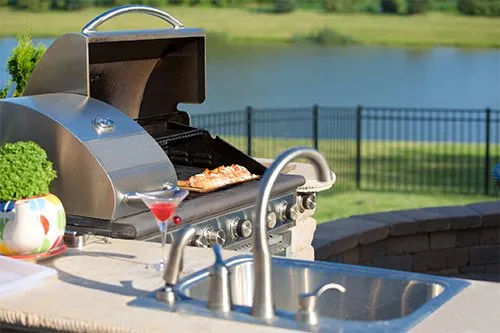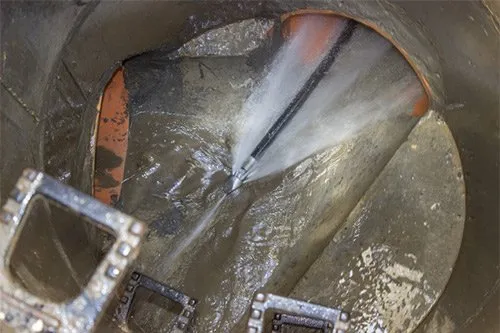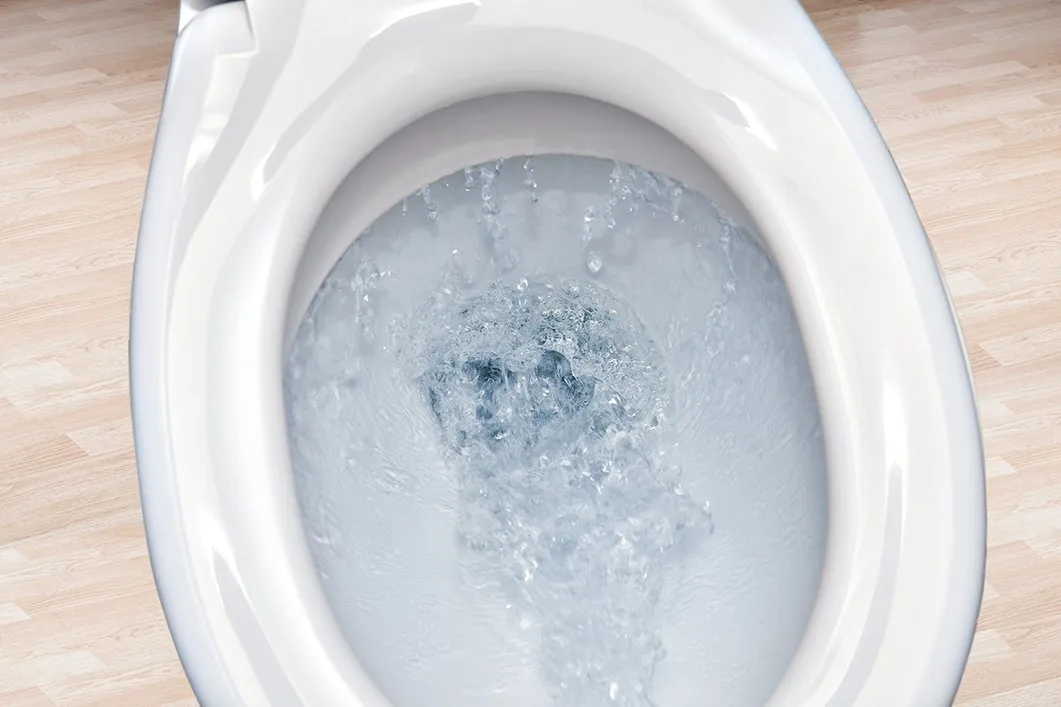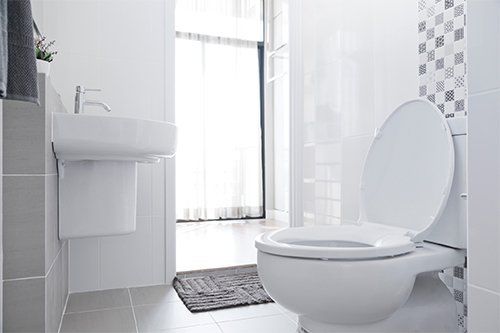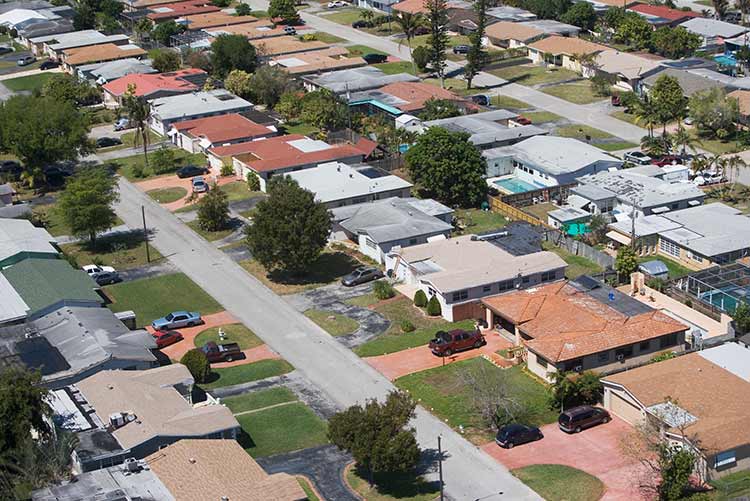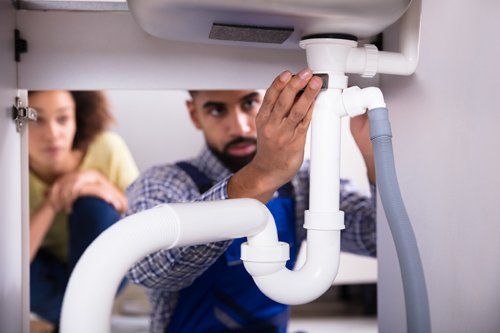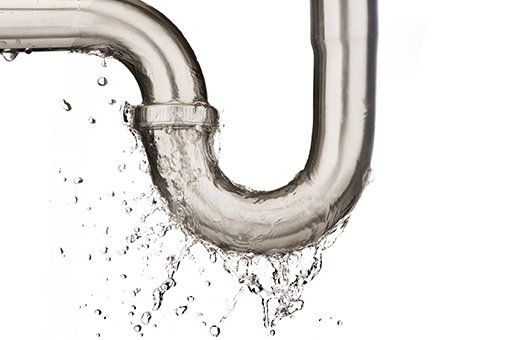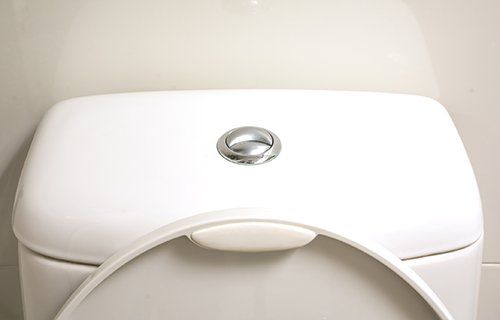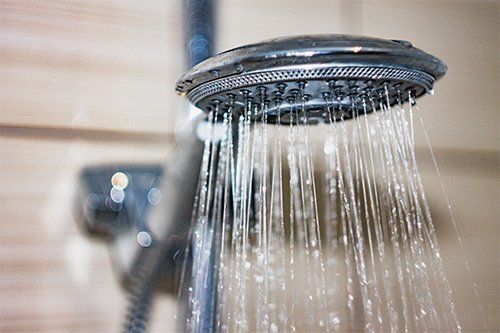
Do your hot showers fall short? Chances are your water heater is at fault. If the water runs cold minutes into your shower, take a look at the most common causes of this plumbing problem and what you can do about it.
Size Mismatch
Choosing the just-right hot water heater for your home depends on several factors — one of which is size. A size mismatch can result in plumbing problems, such as premature hot water failure.
What size water heater do you need? You should consider a few things when choosing the correct size. These include:
- The type of water heater. There's no one-size-fits-all sizing equation for hot water heaters across the board. Tankless (on-demand), traditional storage tank, and other types of water heaters all require special sizing instructions.
- The average number of gallons per use. How many gallons of water do you (or your household members) use per shower, for dishwashing, for clothes washing, or for washing hands? The more gallons used per day, the larger the size you'll need.
- The times used per hour. How often do you use hot water? The more times per hour, the larger your daily use becomes.
The math needed to fully compute hot water needs and size is challenging for anyone without experience — especially when determining the complex needs for a tankless model. If you don't have the expertise to properly size a new hot water heater, rely on the plumber's advice. A professional plumber can evaluate your needs and help you to make the right decision.
Age Issues
The older a water heater gets, the less effective it is. Wear and tear over the years may reduce how quickly (and for how long) it heats your water. If you have an older storage tank hot water heater, consider:
- The overall age. Most tank type water heaters have a lifespan of 10 years, according to the International Association of Certified Home Inspectors. The older your appliance is in general, the more trouble you’ll have with your heater.
- Repairs needed. If you've skipped making repairs because the water heater is older or you're considering buying a new model, damage to the tank or any of the heater's components can cause premature failure.
- Total use. Age, combined with excessive use, can cause issues before the water heater reaches its maximum lifespan potential.
While age is a major factor in the inability for this type of plumbing appliance to make or sustain hot water, it certainly isn't the only reason.
Other Possible Problems
Before you assume that your water heater is on its way out, investigate other easy-to-fix options. These may include (but certainly aren't limited to):
- Temperature setting. What is your water heater's thermostat set at? The U.S. Department of Energy suggests setting the temperature to 120 degrees Fahrenheit for safety and energy efficiency reasons. A lower temperature may cause your hot water to feel cool or run cold.
- Pilot light shut-off. Is the pilot light lit? Your gas-burning appliance requires a pilot light to work. Check the flame first.
- Electricity flow. Tankless on-demand water heaters require an electrical source. An electrical issue at any point in the heater's system can result in the appliance's inability to function properly. This includes a tripped fuse.
- Other hot water use. Is someone else in your household cleaning dishes or using the clothes washing machine during your shower? If so, they could be drawing hot water away from your shower and to their activity.
If you're not sure where to start your hot water failure search, call in a pro. A professional plumber can evaluate your water heater, look for potential problems, and suggest the necessary fix.
Are your hot showers running cold? Contact Moody Plumbing, Inc., for more information.


